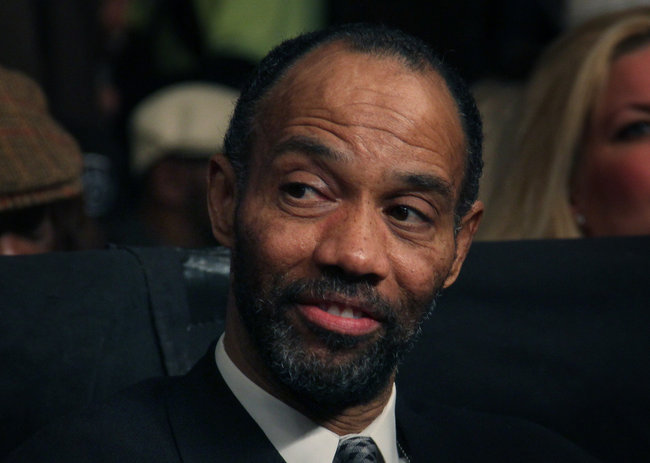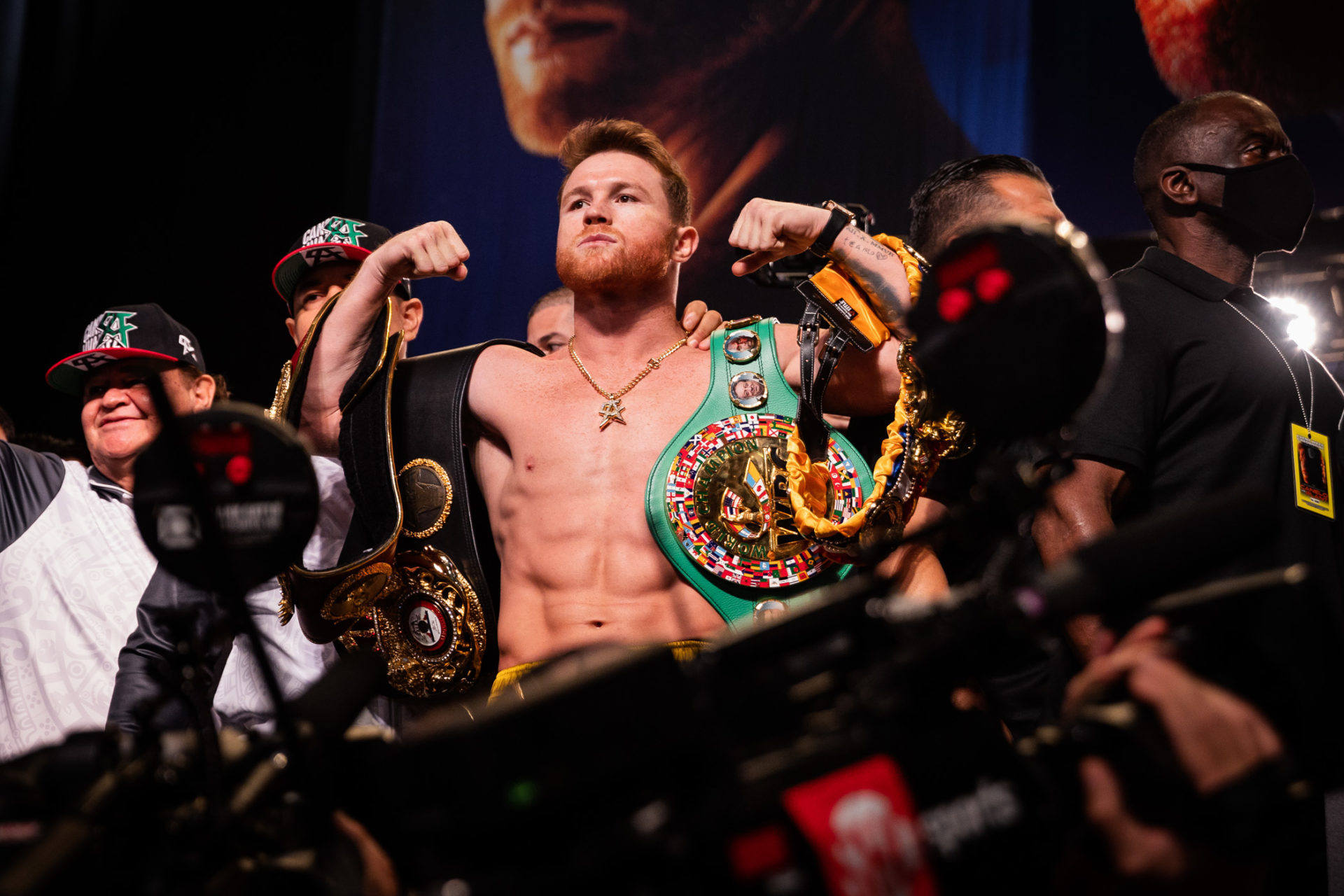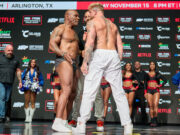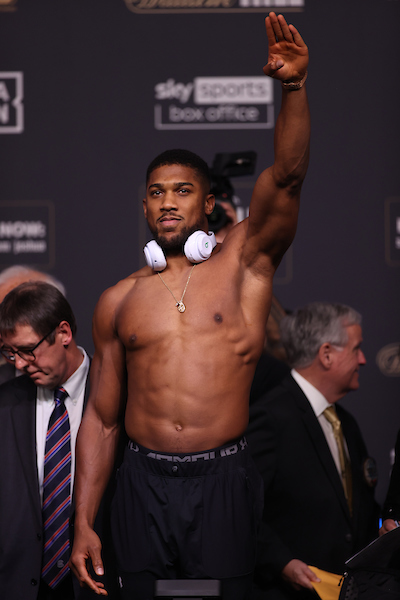By Norm Frauenheim–

Lawsuits against Al Haymon aren’t surprising. More like inevitable. Haymon had to know they were coming. They’re just part of doing business. The last two suits, however, are different and perhaps more dangerous to Haymon’s PBC plans because of who and what they target.
The Oscar De La Hoya anti-trust suit filed in May and Bob Arum’s follow-up this week put Haymon’s financial backing, the Waddell & Reed investment firm, in the legal crosshairs.
Haymon, an economics major at Harvard, must know that controversy makes investors nervous. Two anti-trust suits that name Waddell & Reed of Overland, Kan., as a co-defendant has to make Haymon just as nervous.
Here’s why: On June 10, the Wall Street Journal reported that investors were bailing out of Waddell & Reed mutual funds. They’re called “go anywhere” funds, according to the newspaper, which reported that they act a lot like hedge funds. Instead of insurance and other places thought to be safe, dollars go into stocks, precious metals and other volatile instruments. Over the last 12 months, many of those investors withdrew $12.5 billion from Waddell & Reed, according to the Journal.
Reports are that Haymon got $425 million from Waddell & Reed for his PBC venture, which includes buying television slots for cards on NBC, CBS, Spike, ESPN and Fox. In a Los Angeles filing for Arum’s Top Rank, Daniel Petrocelli called it a scheme.
”Al Haymon and Waddell & Reed are engaged in a sophisticated scheme to gain control of the boxing industry,” said Petrocelli, a high-profile attorney who won a wrongful death suit against O.J. Simpson in 1997. ”As the lawsuit explains in detail, they are violating federal law, defying state regulators and absorbing significant short-term losses to drive legitimate operators out of the business.”
Haymon is as publicity shy as a hedge-fund operator. He doesn’t speak to the media. Nevertheless, there was a response from his attorneys. It was prompt, a signal that the lawsuits are serious.
Kramer, Levin, Naftalis and Frankel, a New York firm, countered Top Rank’s lawsuit Wednesday with a statement:
“The lawsuit filed today (Wednesday) by Bob Arum and Top Rank is entirely without merit and is a cynical attempt by boxing’s old guard to use the courts to undermine the accessibility, credibility and exposure of boxing that the sport so desperately needs.
“The Premier Boxing Champions series makes boxing free again, by bringing championship boxing to free TV, with a fighter-first promise and a commitment to the fans to restore boxing to the luster of its heyday. The continued success of this effort will far outlast this baseless lawsuit.”
There’s plenty of hypocrisy on all sides in the looming court battle. That might just be another way of saying it’s boxing all over again. In both suits, violations of the Muhammad Ali Act are alleged. The biggest involves a prohibition of a law prohibiting managers from acting as promoters. The allegation is that Haymon, often called an advisor, has been both manager and promoter for his roster of about 200 fighters.
Let the court decide whether there is, in fact, anything to the allegation. But a jury, politicians and law enforcement might be confused as to why there’s never been a conviction – bupkus, nada – in the history of the Ali Act. Promoters, managers and sanctioning bodies have ignored it since Arizona Senator John McCain managed to get it passed in 2000.
For 15 years, it hasn’t been enforced. It’s been virtually forgotten. Mention the Ali Act in a Las Vegas media work room before a big fight these days and you’re bound to hear someone say: “Oh yeah, who’s playing The Champ?’’
When it was passed, major promoters basically told the feds to butt out. Then, they went back to business as usual. Now, they’ve dusted off the dormant legislation in an attempt to bring down a new and dangerous rival. Maybe, De La Hoya and Arum will succeed.
If they do, however, they might want to be careful about what they wish for. In their respective suits, they accuse Haymon of trying to interfere with their right to conduct business.
They allege that Lucas Matthysse’s decision over Ruslan Provodnikov on April 18 in a potential Fight of the Year was moved out of Los Angeles to Verona, N.Y., casino because PBC reserved the bigger LA venues for the same date. After PBC forced the move, it canceled the bookings.
It’s an allegation that says Haymon is capable of retaliation. If the lawsuits scare off even more Waddell & Reed investors, it might be all he has at the end of a dangerous game with few winners and a steep price to be paid by everyone.

























